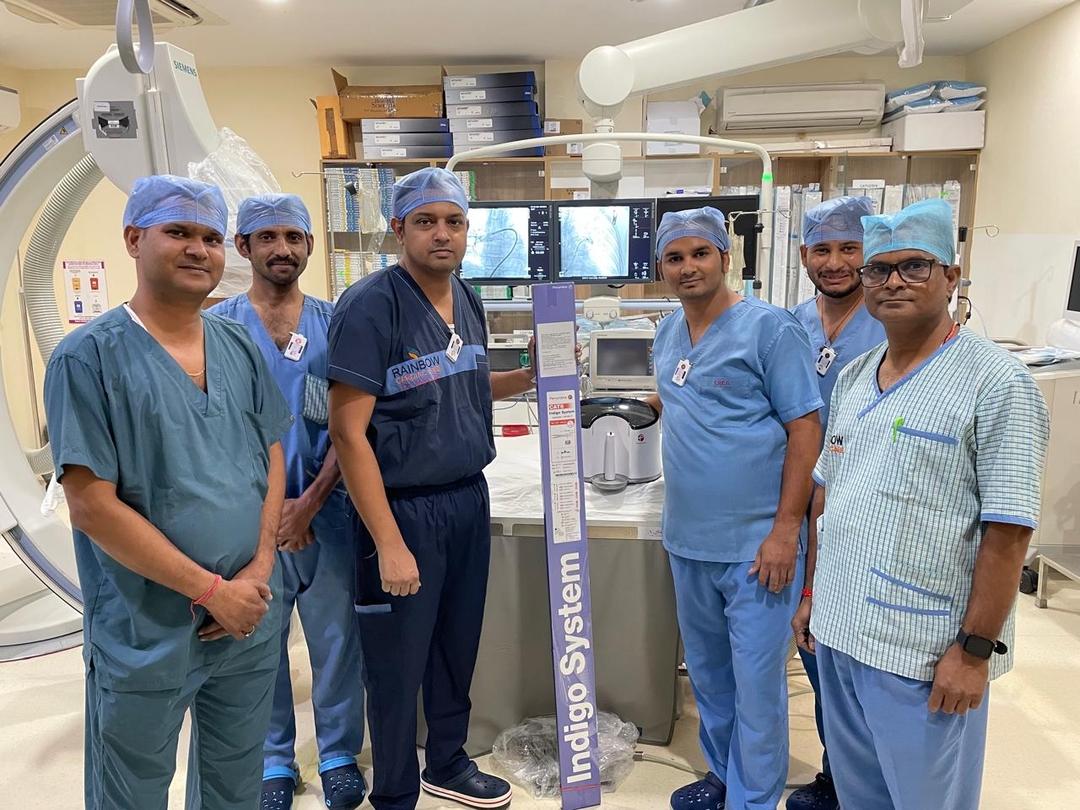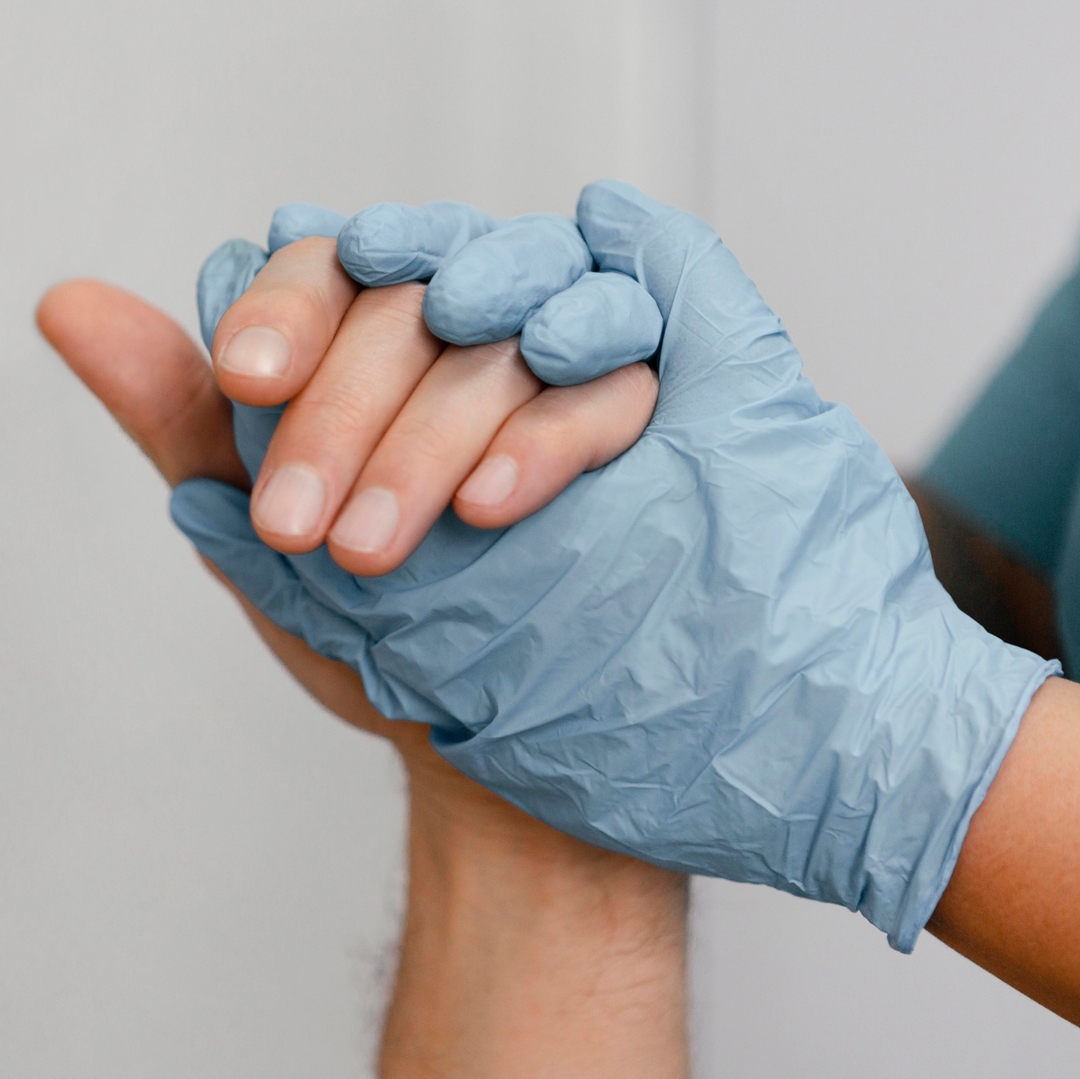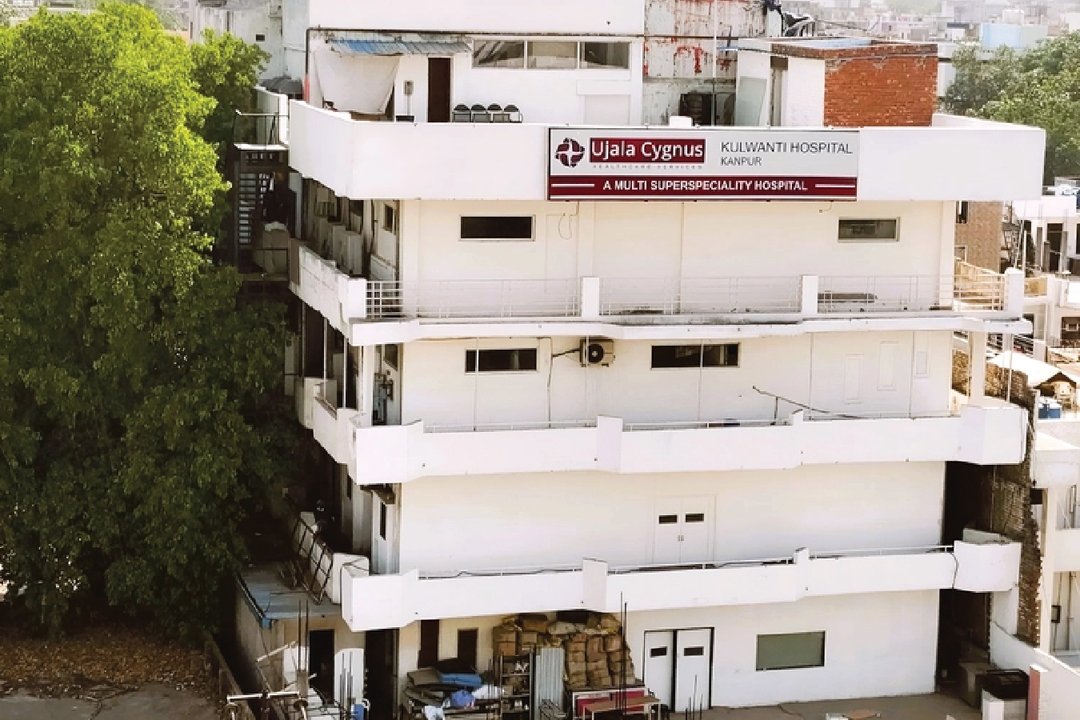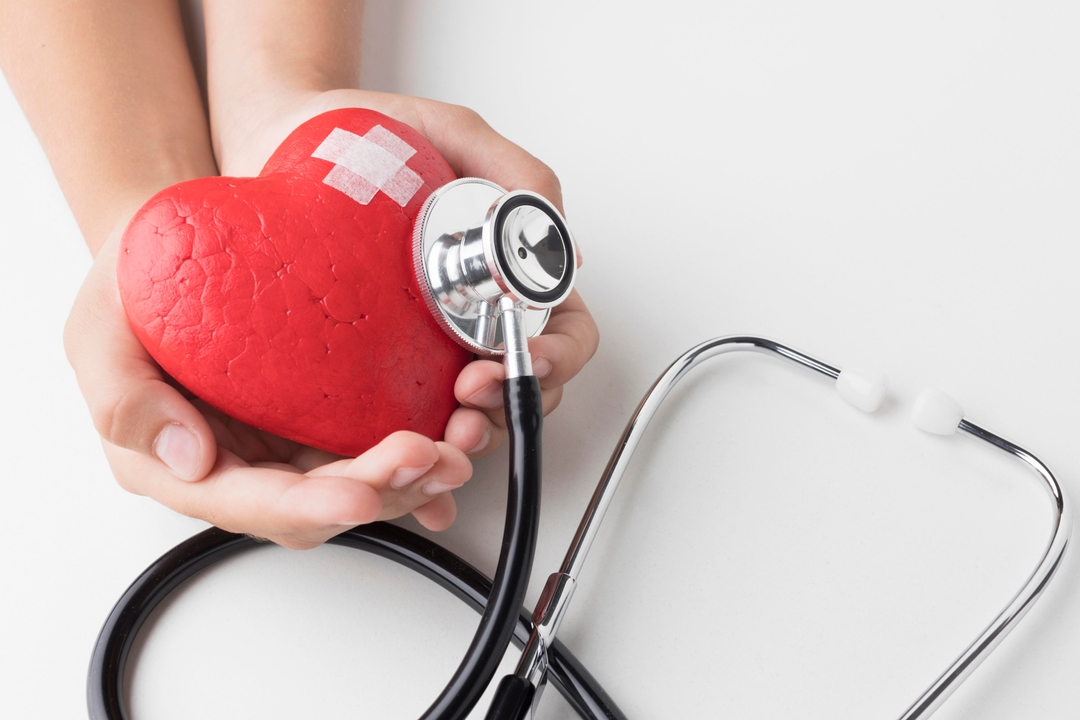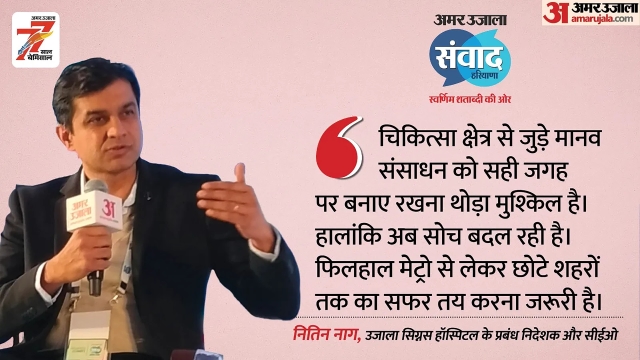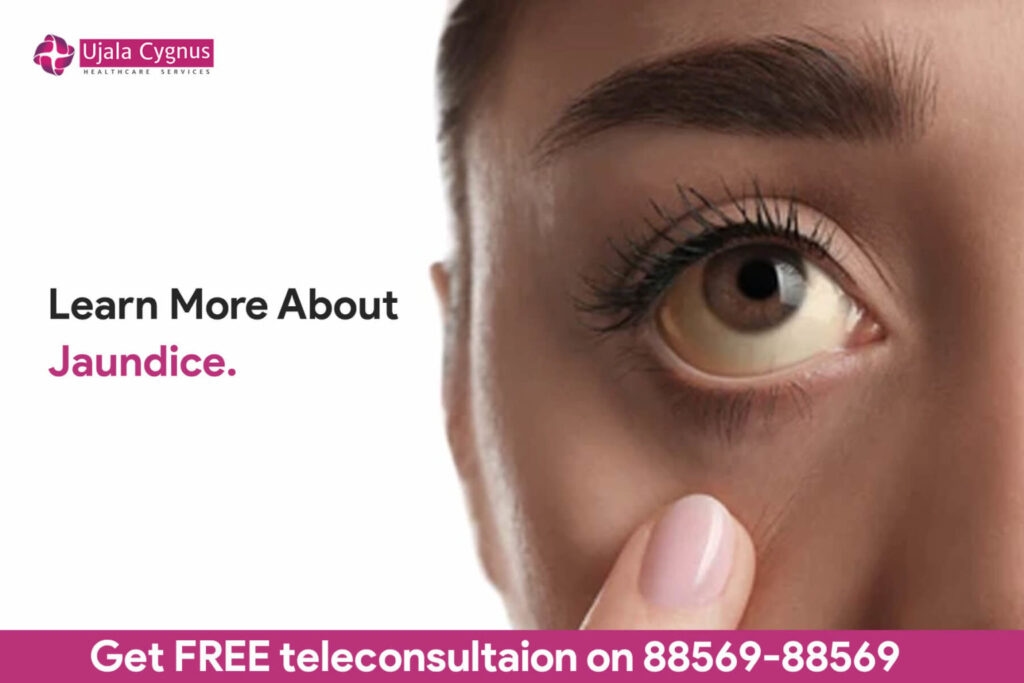
Learn More About Jaundice
By Ujala Cygnus
Reviewed by : Jalaz Jain
April 29, 2022
Jaundice is a condition of increased bilirubin levels in the blood. These levels affect the skin, conjunctival membranes of the eyes, and other mucous membranes to turn yellow.
The breakdown of red blood cells (RBCs) in the body produces bilirubin. RBCs break down, releasing hemoglobin into the bloodstream, dividing and undergoing chemical modifications to become bilirubin.
Bilirubin is usually excreted in the form of bile by the liver, and the bile ducts transfer the bile to the small intestine. Jaundice arises when the amount of bilirubin released exceeds the liver’s excretion capability.
It’s essential to remember that jaundice is a sign of an underlying blood or liver condition, not a disease by itself. However, getting it treated on time is essential to avoid future complications.
Jaundice Causes
Jaundice is often confused with a disease. It is a sign of an underlying health condition related to the liver, gallbladder, or pancreas. It occurs when the body produces too much bilirubin.
Some causes of jaundice include:
Some health conditions that can cause jaundice:
Jaundice Symptoms
The following symptoms characterize jaundice:
In neonates, the yellowish colour can occur at the head and spread down the body to the toes.
The following symptoms accompany jaundice:
Types of Jaundice
Jaundice can be divided into three types:
Jaundice in Newborns Babies
Jaundice is a common health problem in neonates.
According to the Centers for Disease Control and Prevention (CDC) , over 60% of babies have jaundice, with symptoms appearing within 48 hours of birth. When the infant is 3–5 days old, it should be examined by a doctor or nurse. It is because bilirubin levels usually are highest at this time.
The red blood cells in an infant’s body are constantly broken down and replenished, producing more bilirubin. Furthermore, newborns’ livers are less developed and hence less effective at filtering bilirubin from the body.
Symptoms will usually diminish on their own in the majority of cases. Infants with exceptionally high levels of bilirubin, on the other hand, will require either a blood transfusion or phototherapy.
Causes of Jaundice in Newborn Babies
Although jaundice in babies is common and usually resolves without treatment, it can sometimes be caused by underlying medical conditions. These include:
Breastfeeding a newborn can potentially raise the risk of jaundice. However, a person does not need to quit feeding the infant in this manner—the symptoms of jaundice resolve in many situations within a few weeks.
Jaundice Diagnosis
A blood test is commonly done to confirm jaundice. It includes:
Other tests that may perform to determine the cause of jaundice include:
Complications of Jaundice
The severity and type of jaundice and your medical problems will determine the complications of jaundice. Most common complications include:
If a baby has Infant jaundice, the following issues may occur:
In addition to hearing loss, uncontrollable physical movements, and abnormal tooth enamel formation, severe jaundice in a child can cause lifelong brain damage.
Treatment for Jaundice
The medical treatment of jaundice focuses on the underlying cause rather than jaundice itself. Your doctor might consider the following situation:
Treatments for jaundice in babies include:
Conclusion
Jaundice is caused by a variety of disorders that affect the liver. The yellowing of the skin, mucous membranes, and whites of the eyes are all symptoms of jaundice.
Jaundice is often confused as a disease, but it is a symptom of some underlying illness or health concern.
If not treated or managed on time, it can cause serious complications. If you notice any jaundice symptoms, consult our doctor at 88569-88569 .
Frequently Asked Question ( FAQs)
Jaundice is spread by coming into contact with an infected person’s blood or body fluids. Sexual contact or the sharing of needles can also spread the infection.
Jaundice is usually a symptom of a liver, gallbladder, or pancreas problem. When the body produces too much bilirubin, it can cause jaundice.
Ujala Cygnus Healthcare Group has 16 hospitals. Kanpur, Rewari, Kashipur, Varanasi, Sonepat, Panipat, Kurukshetra, Nangloi in Delhi, Rama Vihar in Delhi, Kaithal, Bahadurgarh, Karnal, Moradabad, Haldwani, and Agra. You can book an appointment at your nearest Ujala Cygnus Hospital for any health issue treatment. For any query, you can give a missed call on 88569-88569 and get a free consultation over the phone .
Loading...


